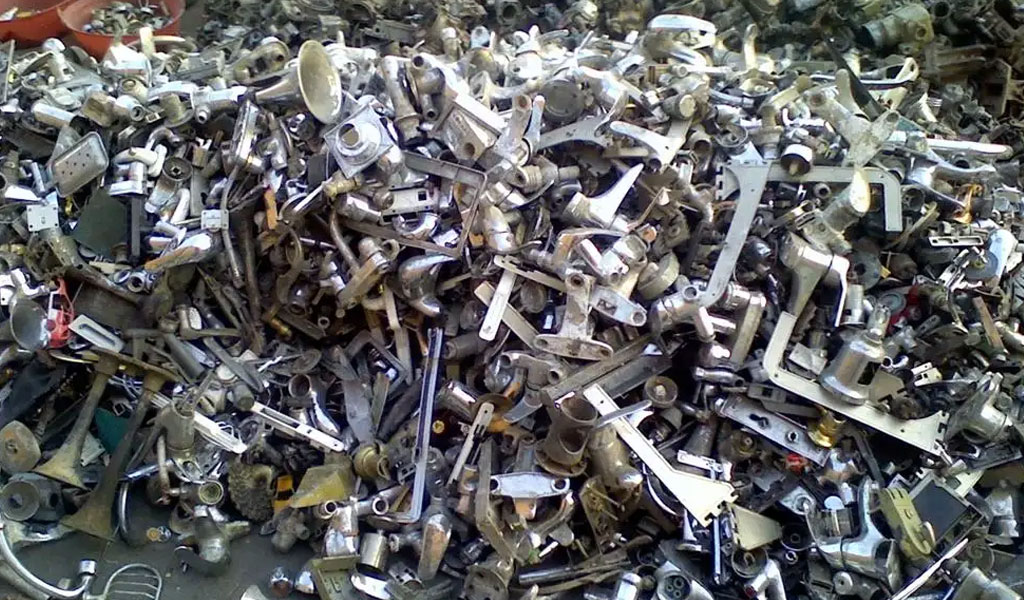
Today, there is a global problem that is affecting us all more every day and that is pollution. This issue is beginning to create tension in all countries since it is becoming more serious, for this reason, among all they are looking for projects that reduce the level of contamination as much as possible. One of the latest strategies that the European Union has launched is a circular energy model with a series of regulations on recycling and waste management, since it is thought that recycling can be a very good solution.
Right now, we are at a time when technology is growing more and more, autonomous vehicles, home automation, smart phones, etc. All this means that the demand for metals such as lanthanum, neodymium or yttrium has grown immensely, becoming essential materials for the manufacture of new technological devices and everything that has to do with renewable energies.
Experts from all over the world are carrying out studies to find out what the price and availability of these metals will be according to their demand, and the only thing they make clear is that only through recycling in the future will it be possible to supply these materials.
But How Does This Affect The Environment?
In this sector, if we were to recycle many of the materials used to manufacture it, we could reduce pollution considerably. Next, we are going to indicate the CO2 emission that we would avoid into the atmosphere for each recycled ton of the following materials:
- Zinc: 1.8 tons
- Aluminum: 3.5 tons
- Copper: 0.81 tons
- Tin: 2.15 tons
On the extraction of raw materials, recycling manages to reduce energy savings per material of:
- Aluminum: 95%
- Copper: 85%
- Iron and steel: 74%
- Lead: 65%
- Zinc: 60%
This circular energy model has arisen with the need for us to have a supply of essential raw materials to keep up with the advances in levels of development, taking into account that all this creates a revolution in the industry since we are going to change the capacity of produce by recycling.
Each EU country is implementing this project to minimize pollution by recycling as much as possible. For example, in one year in Spain, 261,514 tons of metal packaging, 7.2 million tons of iron scrap and 114,000 tons of lead batteries and approximately 611,446 vehicles were written off.
Finally, it should be noted that the main objective of this project is for all countries to continue investing in new recycling techniques, since there are still companies that continue to prefer virgin raw materials.